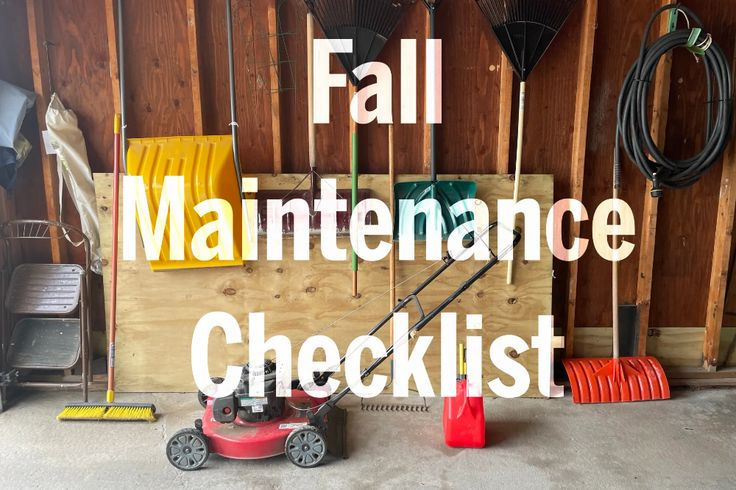What is a Pre-Drywall Inspection?
- John@LiteHouse

- Oct 15, 2023
- 4 min read
Updated: Jan 20
When building a new home, it's important to do an inspection before the drywall goes up. A preliminary drywall inspection can identify potential problems with the home's framing, plumbing, and electrical systems before it's too late. It's also a good way to get an idea of what repairs may need to be done at this stage of the building process. Catching problems early can save you time and money.

Moreover, pre-drywall inspections are one way to make sure the home has been built according to plans. When building a home, it is completed immediately after the installation of doors, windows, foundation, flooring, wall framing, roof, plumbing, and electrical, but before the drywall is hung.
This inspection at the construction stage is essential because once a new home is completed, drywall can hide structural problems and poor interior features, making it difficult and expensive to detect or fix problems.
What areas of the house are inspected as part of the Pre-drywall inspection?
Pre-drywall house inspector may assess the following areas of the home:
Plumbing System: Your plumbing system is a key part of your home. Examining this system during your pre-drywall inspection will help identify and mitigate any problems that may arise after you move in. Our Cincinnati Home Inspection team has a trained eye for solving: Framing damage, Plumbing concerns, Leaks in the house, Blocked vents, and improper drain slope. By checking for these potential problems now, you can avoid damage and costly repairs later.
HVAC System: During your pre-drywall inspection, the heating, ventilation, and air conditioning (HVAC) are carefully inspected. This is a critical factor in your comfort, health, and overall well-being in your home because HVAC units regulate the temperature and air quality in your home.
When performing a pre-drywall inspection, several issues can arise with HVAC systems, including Leaky gas pipes, Improper venting of furnaces that are blocked or misplaced, Placing too many units too close together, Having vents that are not completely sealed in the wall or cabinets, and Insulation problems.
Inspecting HVAC systems as part of your preliminary drywall inspection results in a safer, cleaner, and more comfortable home.
Electrical Issues: Before installing drywall, you must make sure there are no electrical issues because after the drywall is installed, repairs and reinstalls may require cutting through the drywall.
A Cincinnati LiteHouse Pre-Drywall Inspector Will:
Look at the location of electrical outlets and electrical boxes throughout the house
Make sure the wires of the ceiling fan and switch boxes are connected correctly
Find all electrical outlets that are not working (if powered)
Check that the ground wire is connected to the ground rod
Check that there are no electrical shield plates missing
Flooring Issues: Before installing carpet, hardwood, or any other flooring, the inspector will ensure that:
Floor to floor tiles are conveniently placed
Floor joists are properly installed, evenly spaced, and strong
The foundation, floor, and walls are properly positioned

Always refer to the original floor plan to make sure everything is exactly where it should be.
Wall problems: The inspector will check the walls to make sure that:
They are completely sealed from the outside and are straight
The insulation was installed correctly
The placement of objects on the walls, such as HVAC systems, was precisely located and planned
Keep in mind that the inspector will want to inspect the walls from the inside as well as the outside.
Roof Issues: During a pre-drywall inspection, your inspector will want to look for roof issues, specifically:
Exposed nails
Problems with how it was sealed
Concerns with moisture intrusion
Problems with frames or braces
By paying close attention to these potential problems now, you can avoid structural damage or leaks later.
The foundation refers to: The foundation supports the entire structure; therefore, it must be well planned and constructed. The inspector will want to look for problems including:
Elevation of the house, is it level?
Exposed ground under the house would have to be covered with a vapor barrier or slab
Anything that could compromise the structural integrity of the home
In addition, our Cincinnati house inspection team will also check for issues with the crawl space, windows, doors, and other parts of the home to make sure everything is properly installed and your home is safe, sound, and ready for drywall.
What should I expect after a preliminary drywall inspection?
Once the pre-drywall inspection is complete, your property will need to pass a series of additional tests to ensure it is ready for the next stage of the building process. Keep your floor plans and design plans handy during the construction process so you can refer to them to make sure your home is built to your expectations.
Pre-Drywall Inspection FAQs
Q1. How long does the pre-drywall inspection take?
It depends on the size of the property but is usually between one and two hours. If any serious problems are found, they will need to be repaired before proceeding with the drywall installation. This could add additional time to the overall project timeline.
Q2. What should I ask during the pre-drywall inspection?
Consider these questions:
Are all seams and joints taped and sealed properly? Any leaks or gaps can lead to moisture damage.
What type of insulation is used?
How many electrical outlets are installed per square foot? You'll want to make sure you have enough power to comfortably accommodate all of your electronics.
Q3. When can I expect reports after the pre-drywall inspection?
After a LiteHouse Inspect home inspector completes a thorough inspection, they will prepare a detailed report and deliver it to you within 24 hours.
At LiteHouse Services Group LLC, we are trained and certified to inspect your home at every stage, including drywall. We also provide useful information and recommendations that you should address before it's too late.




Комментарии